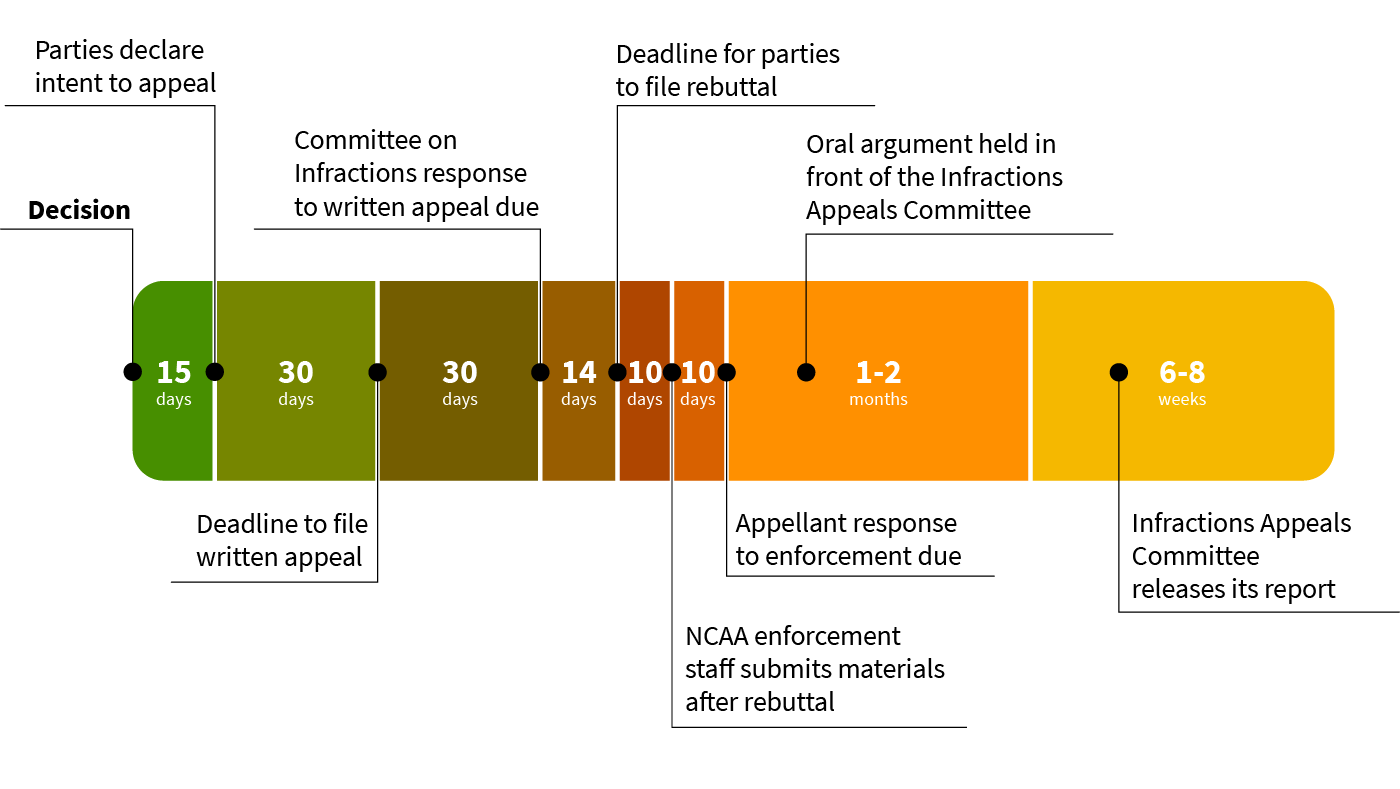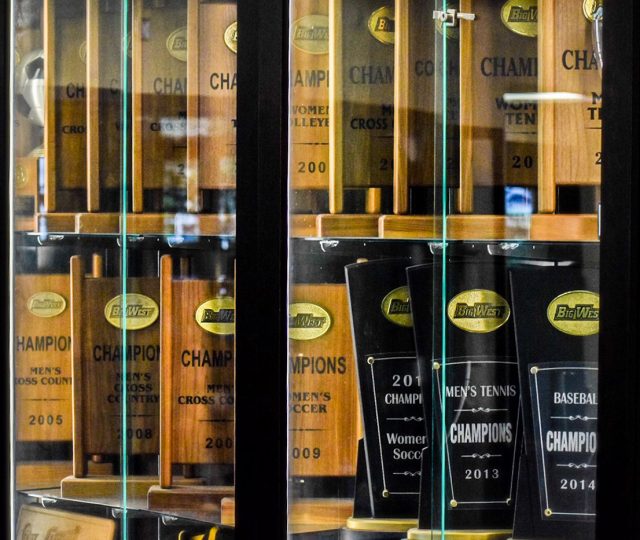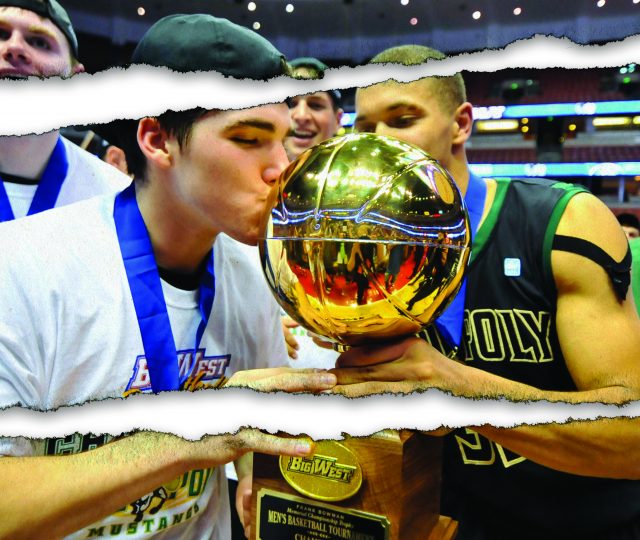On June 2, Cal Poly was supposed to indicate which sports were affected by the NCAA’s ruling that the university gave student-athletes too much money for textbooks. That did not happen, as Cal Poly began the appeals process to overturn the NCAA decision.
“The university has filed an intent to appeal with the NCAA. That gives the university 30 days to file an appeal,” Cal Poly Athletics said in a May 3 press release. “However, the university is still reviewing its options on how it will proceed, and we won’t have any additional details to provide until that decision is made.”
Because the university is appealing the decision to the NCAA’s Infractions Appeal Committee (IAC), Cal Poly will not lose any wins or records for the time being, according to the NCAA.
“If a school or involved individual appeals a penalty, it is stayed until the IAC issues its decision,” said Emily James, an NCAA associate director of public and media relations, in an email to Mustang News on June 4.
However, appealing is not an opportunity for Cal Poly to reargue the case. Instead, the IAC will reexamine the facts that were presented originally to the NCAA’s Committee on Infractions panel.
Timeline for NCAA appeal

Cal Poly was punished by the NCAA on April 18 for giving extra book scholarship money to student-athletes. A total of 72 student-athletes across 18 of 22 sports received an average of $225 in extra stipends. The NCAA’s original ruling required Cal Poly to vacate the wins and records of any team or student-athlete affected, serve a two-year probation and pay a self-imposed fine of $5,000 fine.
In order for Cal Poly to have its punishment overturned, the IAC must find one of four qualifying criteria to do so.
The decision could be overturned if the IAC finds information that is contrary to the original investigation or that Cal Poly did not violate the NCAA’s rules.
Cal Poly’s decision can also be overturned if the IAC finds that a procedural error took place during the investigation that lead to the current ruling.
The last way in which the NCAA’s decision can be overturned is if the IAC finds that the Committee on Infractions panel abused its discretion when penalizing the university.
This intent to appeal is the first step in the appeals process. The five-person panel includes people involved in college athletics, such as Ellen Farris, an associate commissioner of the American Athletic Conference, and people outside of college athletics, such as lawyer W. Anthony Jenkins.
Between 2017-2018, the IAC reviewed 36 appeals for penalties and violations. Of the 36 appeals, only six violations and penalties were overturned. The average length of a case seen by the IAC is eight weeks.



